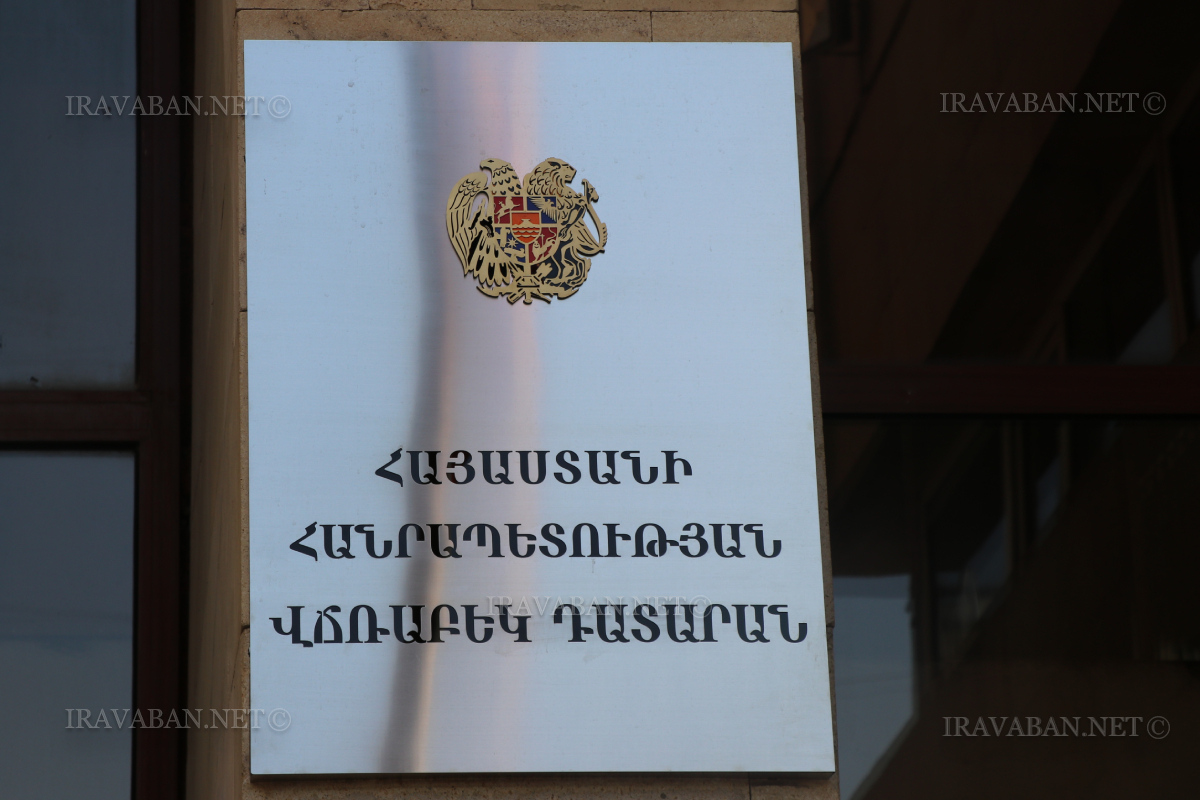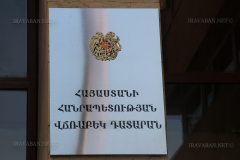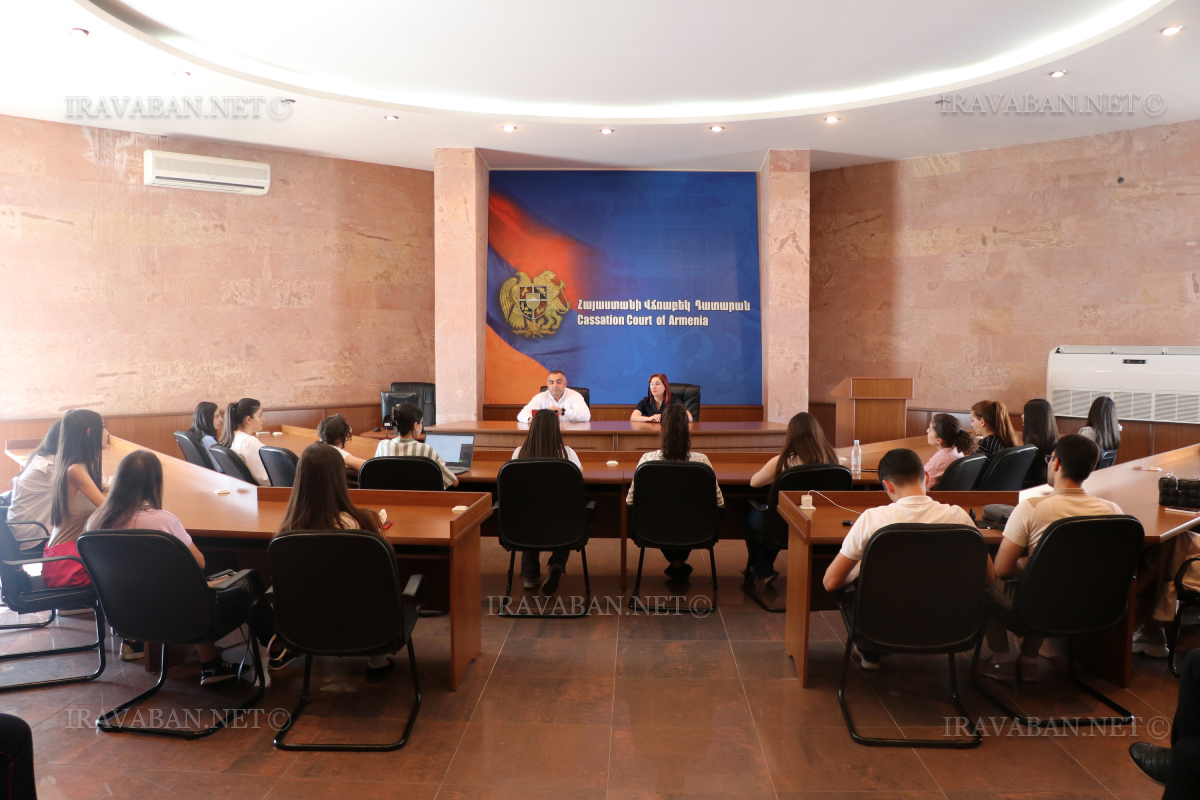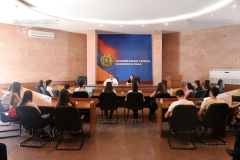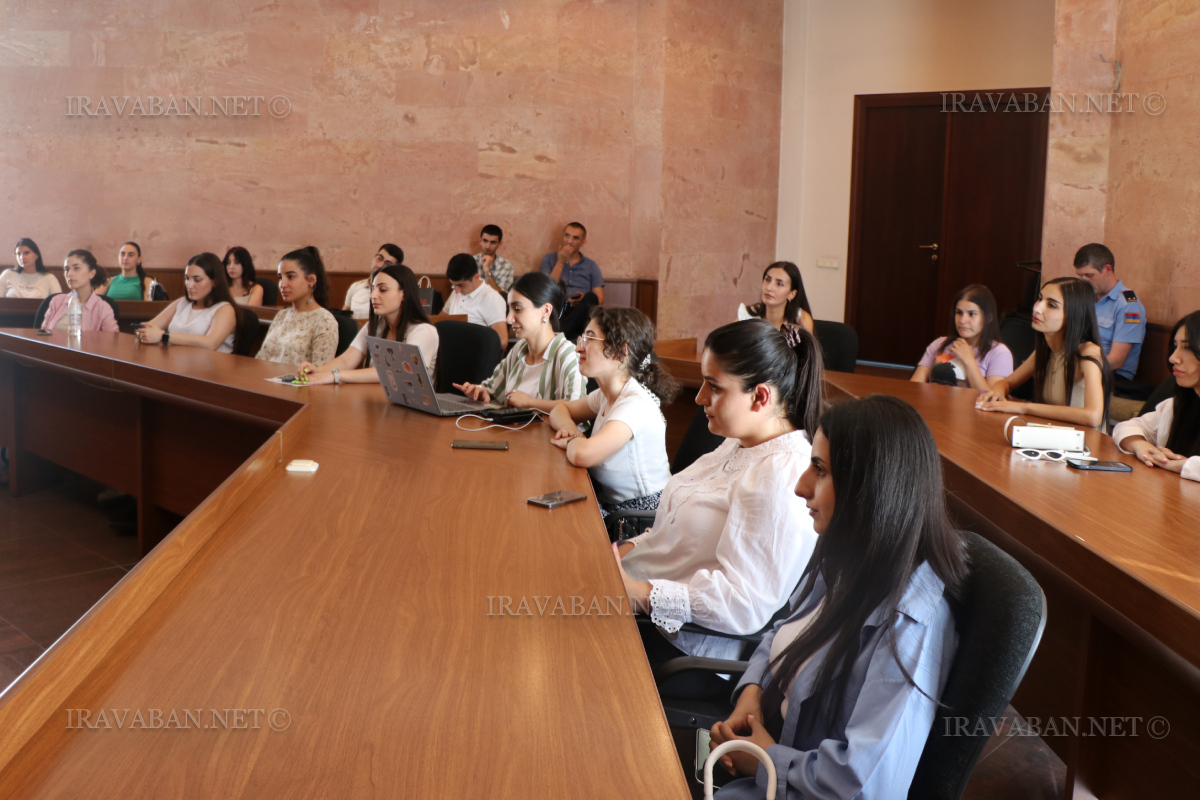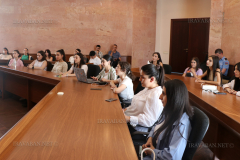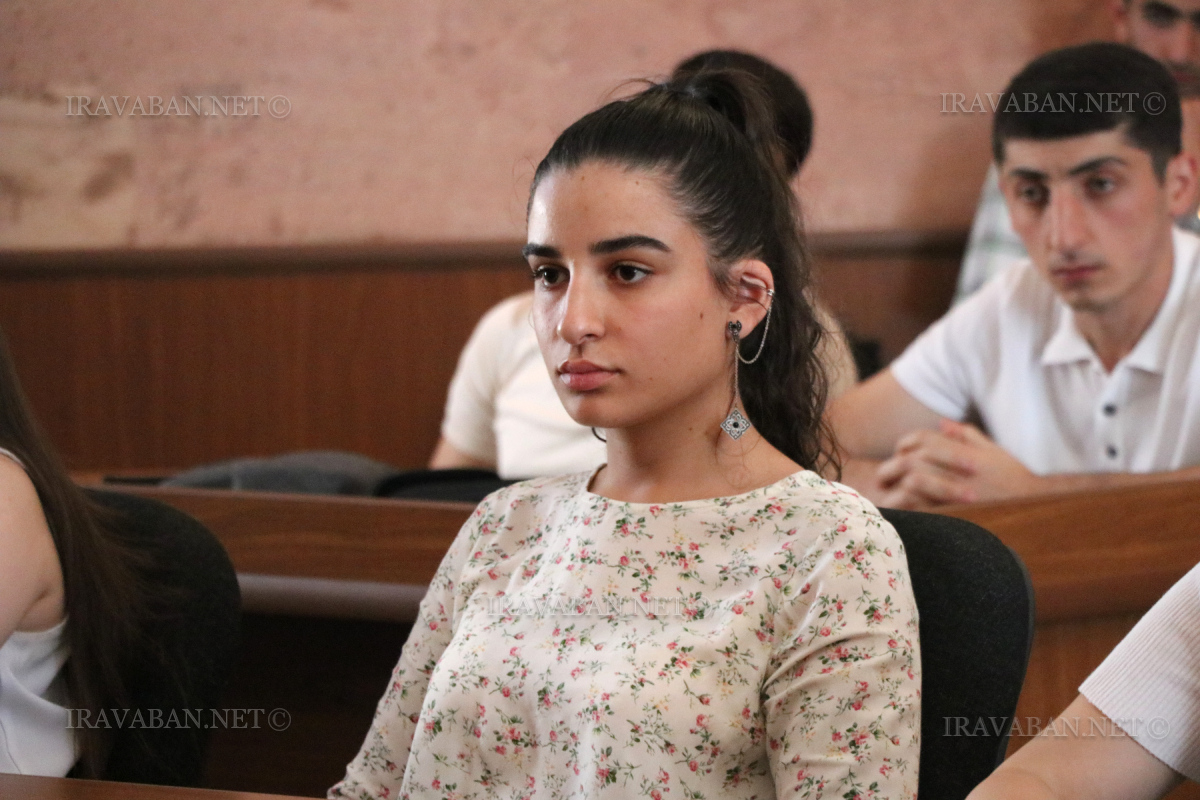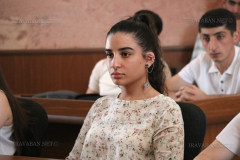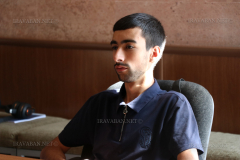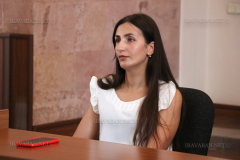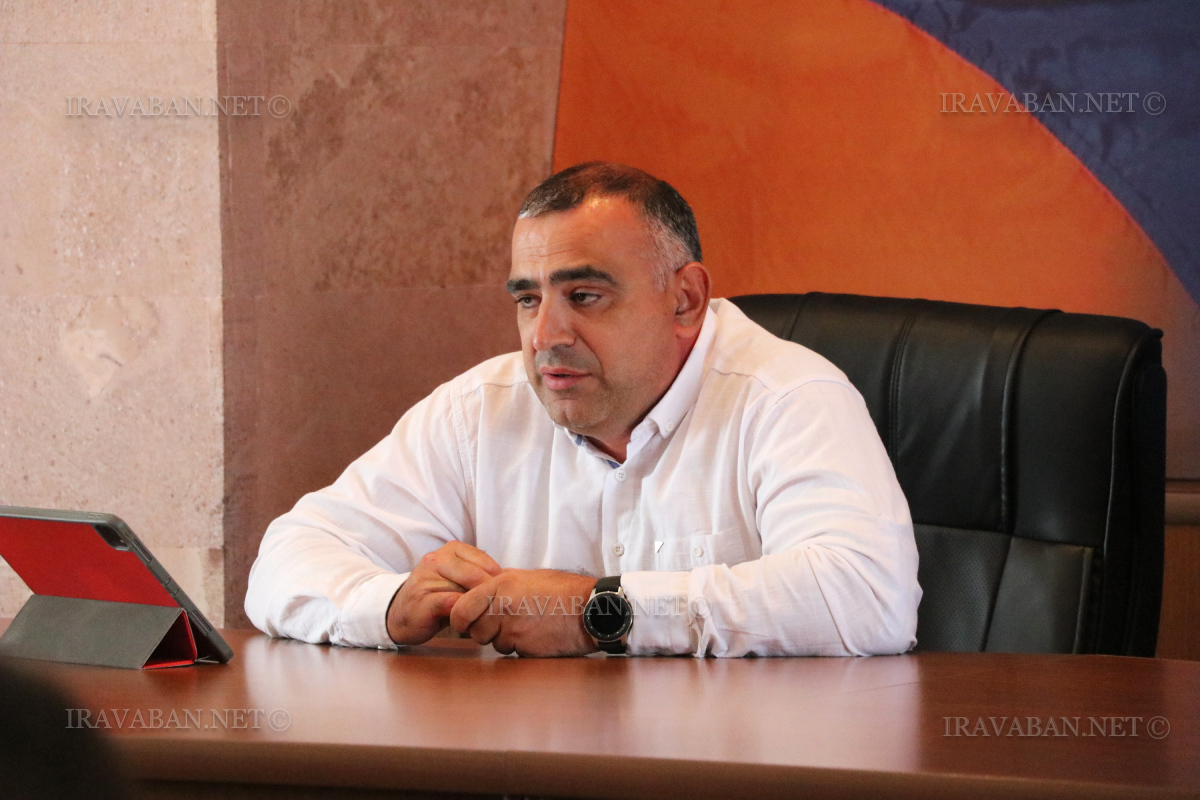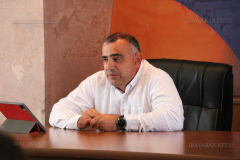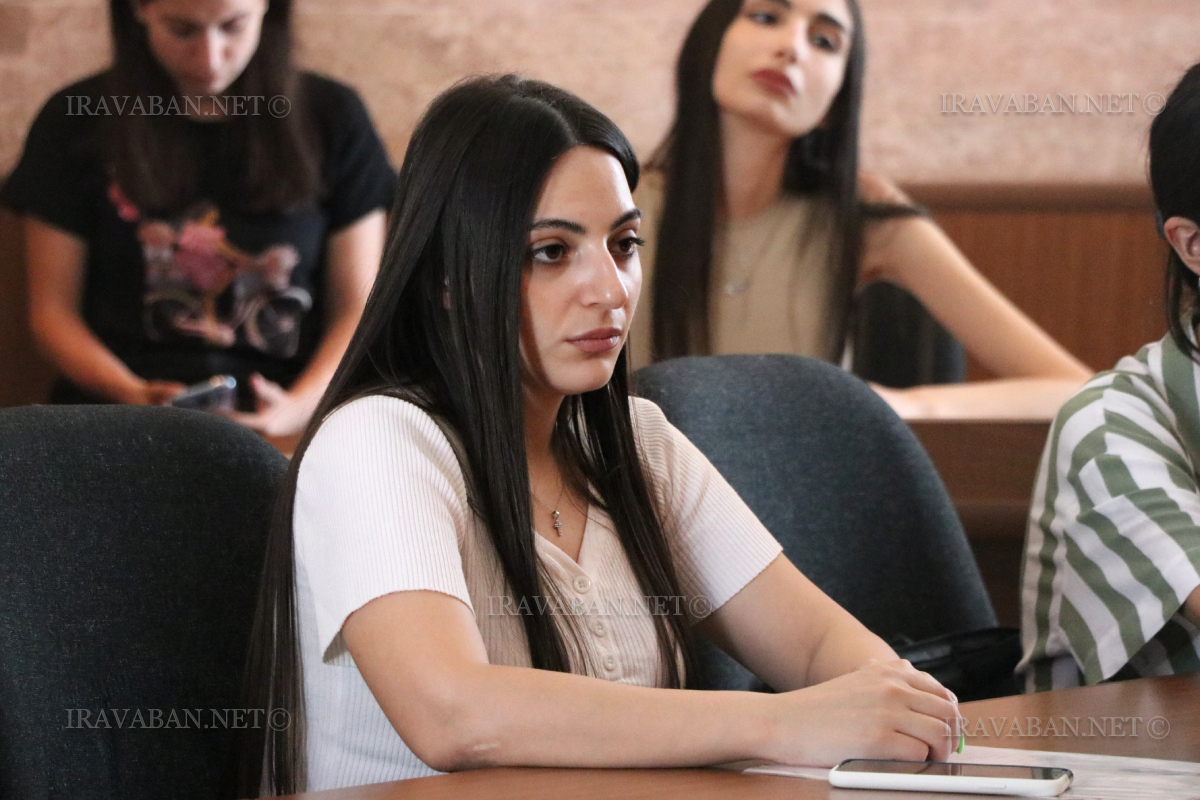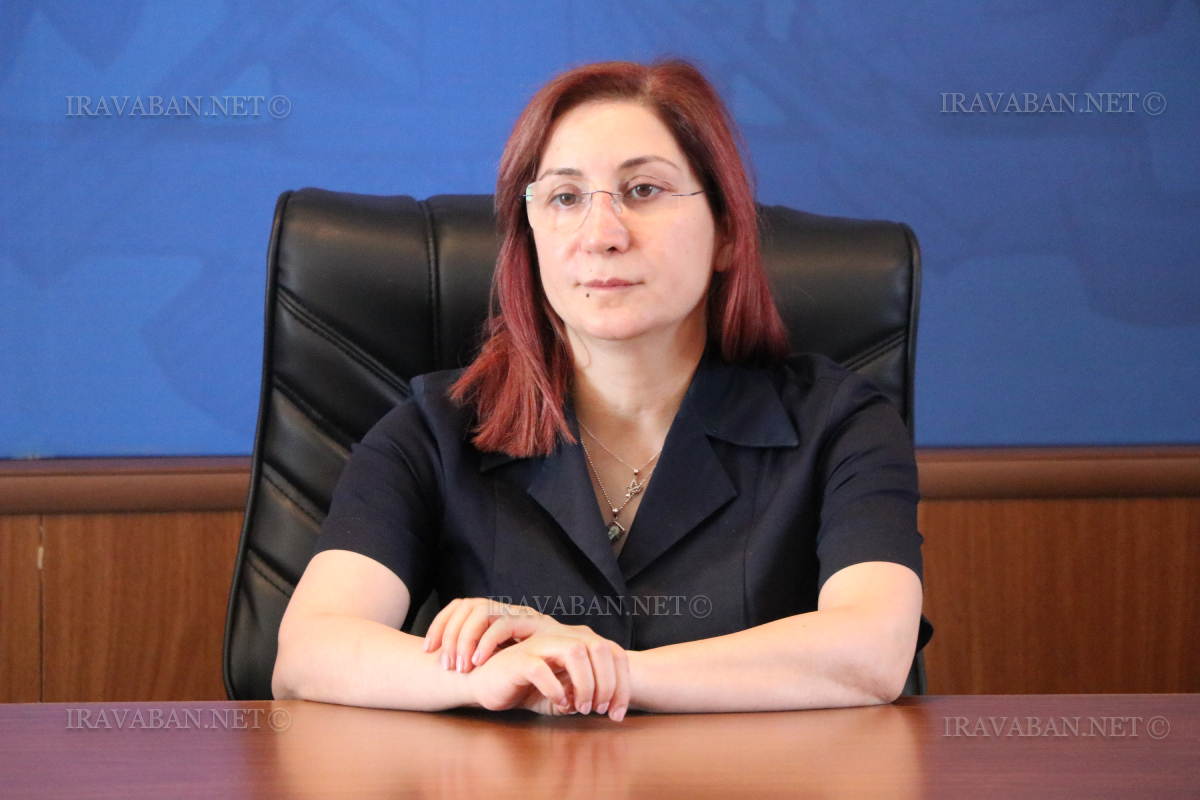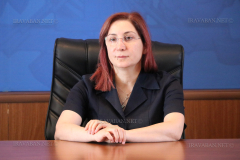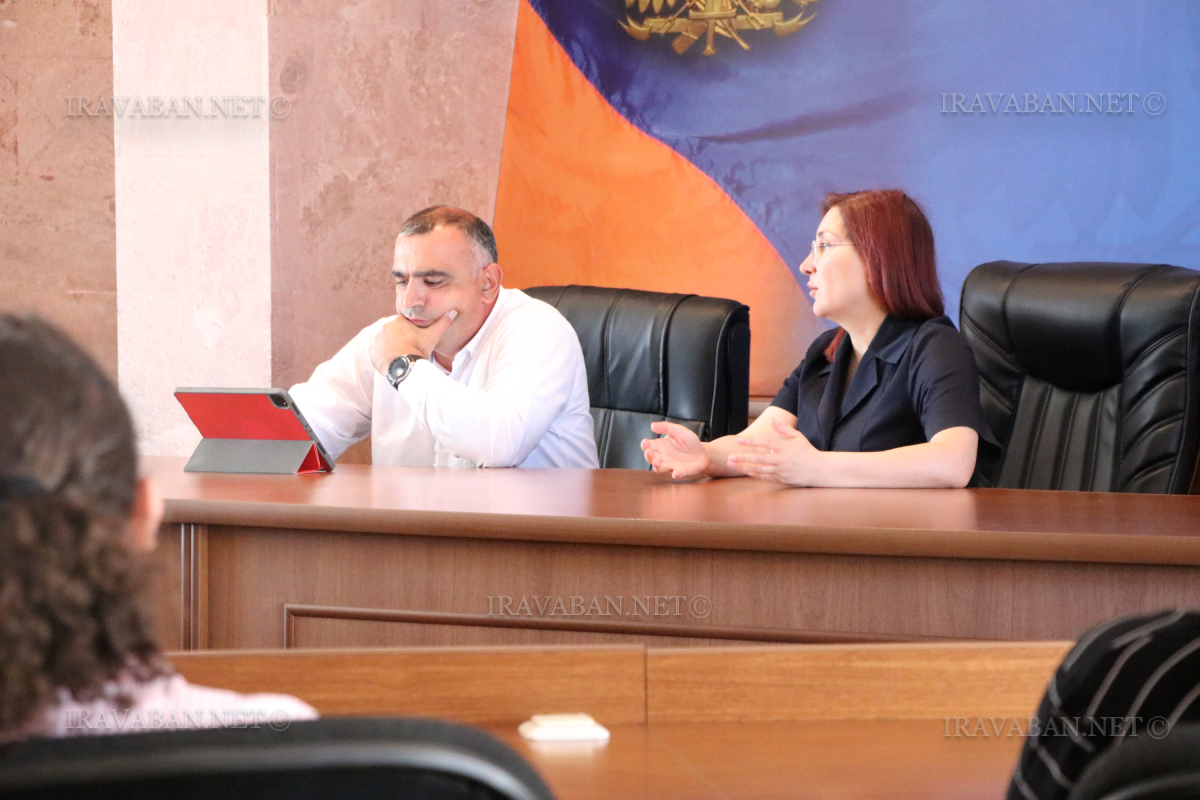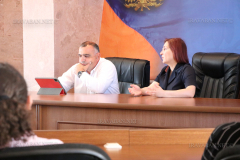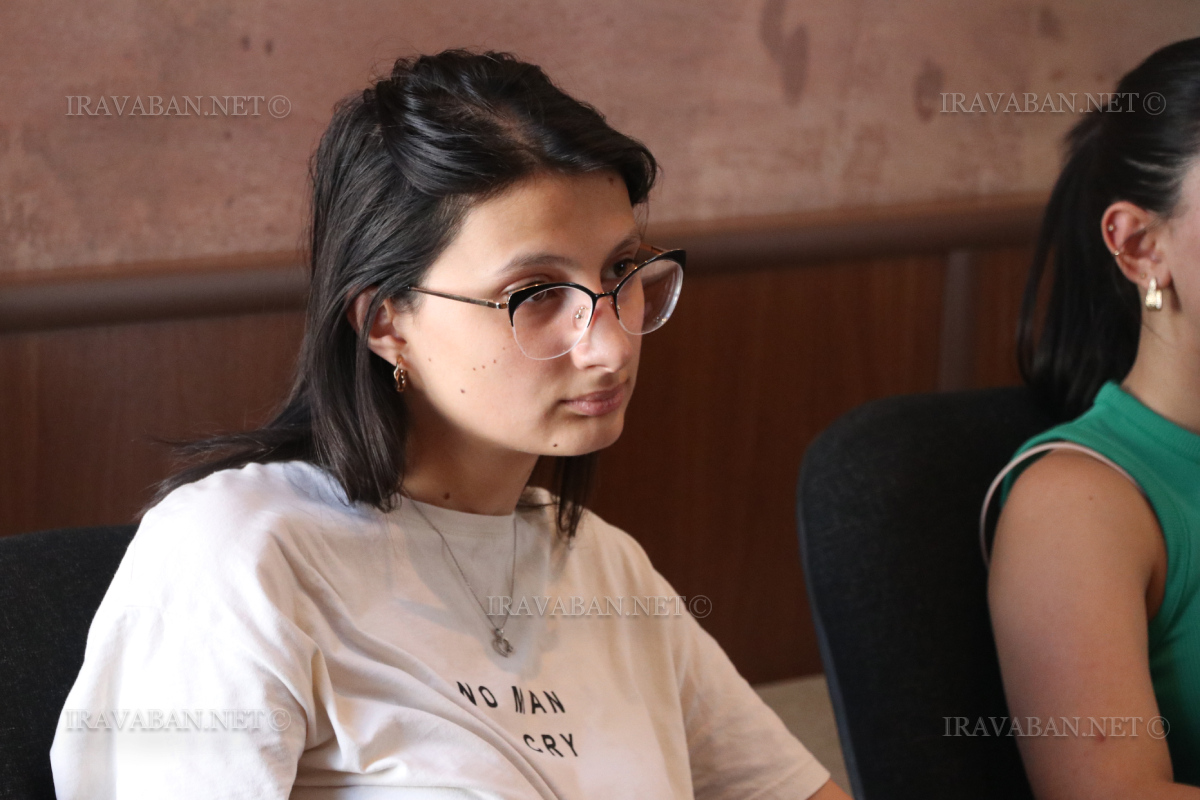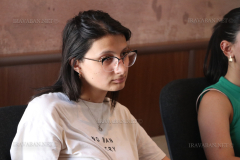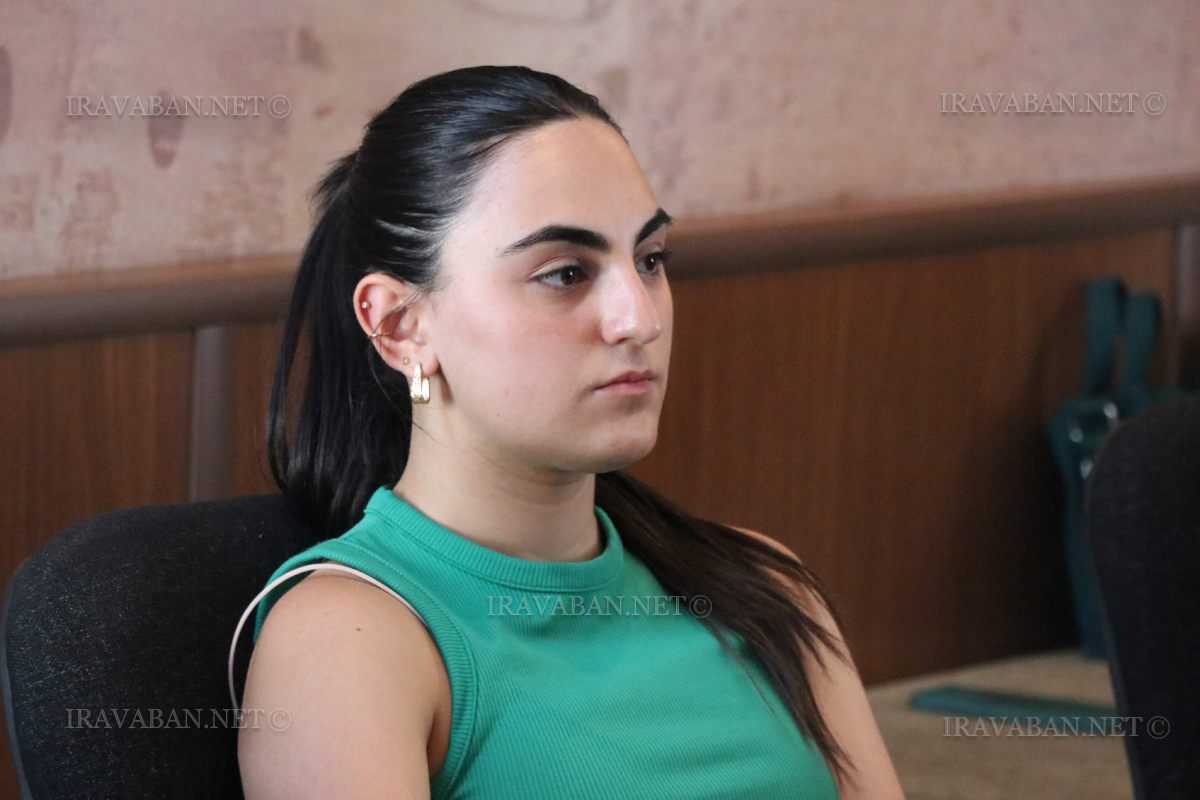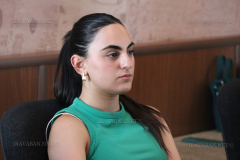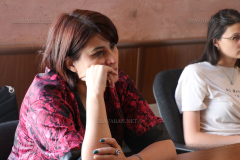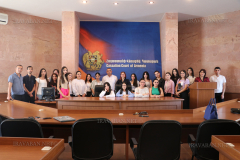
The students of the 9th stream of the Anti-Corruption School for Young Leaders were hosted at the Court of Cassation on 14 July. Liza Grigoryan and Gevorg Gyozalyan, judges of the judicial staff of the civil case examination of the Anti-Corruption Chamber of the Court, answered the questions of the students.
Gevorg Gyozalyan said that he was happy that the Armenian Lawyers’ Association manages to continuously develop and implement such programs in the field of fighting corruption. It should be noted that the school has been operating since 2014 and has had more than three hundred participants.
For the first time in the Court of Cassation, not only the students of the school but also the judges asked questions, in order to find out the questions left open for the guests and the ideas of the participants regarding the manifestations of corruption.
The students were especially interested in the The Law on “Confiscation of Property of Illegal Origin” and the legal regulations arising from it. An active discussion took place especially regarding the so-called “presumption of guilt”, which operates within the framework of the mentioned law. The principle is as follows: if the person cannot prove that he acquired the property in a legal way, then the acquisition of the given property is considered illicit.
“However, the regulation applies only to properties acquired within the last 10 years. In case of having a fundamental doubt and starting the study from earlier times, the burden of proof should be borne by the Prosecutor’s Office,” Gevorg Gyozalyan said and the listeners asked why this was so.
The Judge mentioned several reasons, including the lack of documents, the Post-Soviet Armenia and the change in the structures operating in it. The Judge noted that in case of having the so-called “reasonable suspicion”, the Prosecutor’s Office should already have certain proofs that there are problems with the property acquired about 20 years ago.
Judge Liza Grigoryan also added that the logic of the law was that the declaration of property and income, the institution of beneficial owners were introduced in Armenia much later.
“Besides, the circulation of cash in Armenia was large. Moreover, in the past, data on the payment of salaries to individuals was not individualized. “The organization, the number of employees, and X amount of income tax was paid for them,” emphasized the judge.
According to her, the legislative base had many incomplete regulations in the past and it was reasonable to choose 10 years as the study period in cases of confiscation of property of illicit origin. “In order to go back further, the body has to overcome an evidential threshold.”
The judge emphasizes that from the point of view of international law, effective justice cannot be achieved in the future if the injustice committed in the past is not corrected in these exceptional cases.
Gevorg Gyozalyan and Liza Grigoryan also answered a number of questions of the students, which were related to both the three-level system and the international practice regarding property of illicit origin.

